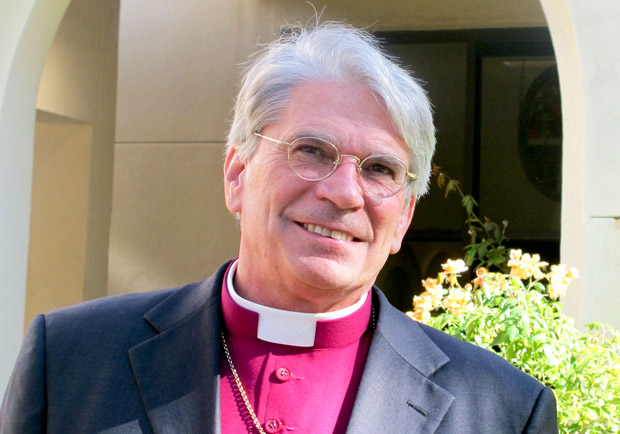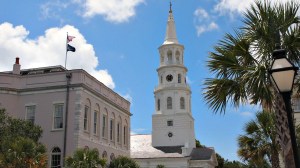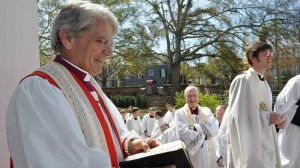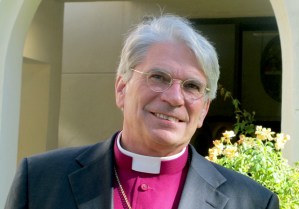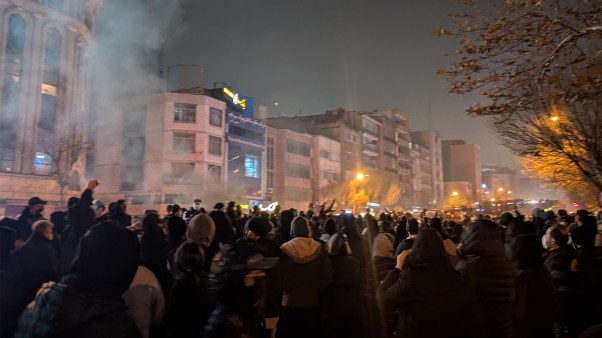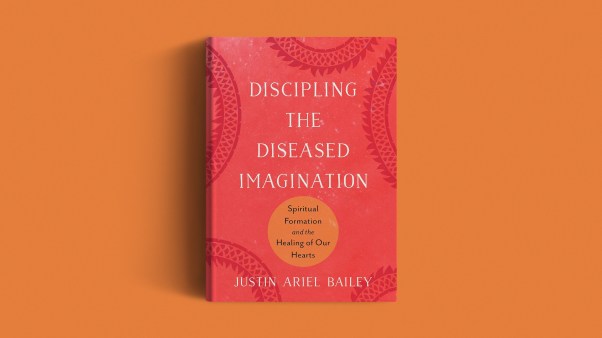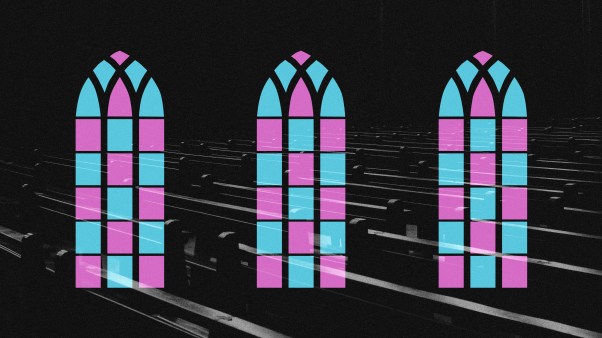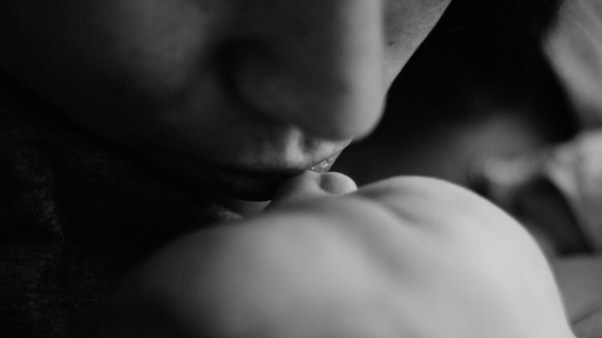In this series
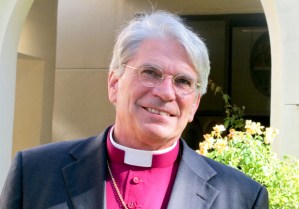
The Diocese of South Carolina announced on Wednesday (Oct. 17) that it has disaffiliated from the Episcopal Church, escalating a long-running skirmish and setting the stage to become the fifth diocese to secede from the denomination.
South Carolina said the split was triggered by disciplinary action taken against Bishop Mark Lawrence, its conservative leader. The diocese passed a resolution on Oct. 2 stating that it would immediately secede should the Episcopal Church "discipline, impair, restrict, place on administrative leave, charge, derecognize" or otherwise inhibit the diocese or its leaders.
Twelve lay Episcopalians and two priests in South Carolina brought the charges against Lawrence. The denomination's 18-member Disciplinary Board for Bishops found him guilty of abandoning the Episcopal Church and renouncing its rules in September.
Episcopal Presiding Bishop Katharine Jefferts Schori informed Lawrence of the guilty verdict on Monday, curtailing his ministry and prohibiting him from acting as an ordained Episcopal priest.
"We feel a deep sense of sadness but a renewed sense of God's providence," the diocese said in a statement. A diocesan spokesman did not respond to requests for further comment.
Neva Rae Fox, a spokesperson for the Episcopal Church, said, "many are saddened by the recent events in the Diocese of South Carolina and the actions taken by the Bishop that led up to the decision by the Disciplinary Board to certify the Bishop's abandonment of the Church."
The stand-off between the national church and the diocese resembles a Cold War, said the Rev. Kendall Harmon, canon theologian for the diocese. "It's a sad set of conflicts, and an enormous waste of time and money that could be better spent elsewhere."
In a broad sense, the split was prompted by theological differences over homosexuality. The Episcopal Church has ordained gay and lesbian bishops and voted this summer to allow the blessing of same-sex unions. Lawrence has called such moves "the false gospel of indiscriminate inclusivity."
Dozens of congregations and four dioceses—in California, Texas, Pennsylvania and Illinois—have split from the Episcopal Church, often triggering long and expensive court battles over church property.
Fox said that "dioceses may not leave the Episcopal Church."
"Even if leaders and individual members of congregations choose to leave, those who remain continue as members of the Episcopal Church and leader of their dioceses," she said.
Under Lawrence's leadership, the South Carolina diocese has legally and theologically distanced itself from the Episcopal Church, removing references to the the national church in civil and church documents and issuing deeds that release the diocese's and denomination's claims to parish property.
Spread along the state's southeast coast, the 29,000-member diocese even declared itself sovereign within the Episcopal Church in 2010. After a July vote to bless same-sex unions, Lawrence and most of the South Carolina delegation left General Convention, the church's triennial governing body.
The guilty verdict by the Disciplinary Board for Bishops came as Lawrence and Jefferts Schori were negotiating to find "creative solutions" for resolving their differences, according to the South Carolina diocese. Church rules stipulate that the presiding bishop must implement the disciplinary board's decisions, Fox said.
Lawrence was found not guilty of similar charges last year, before he released the claims to church property.
Lawrence was elected bishop of South Carolina in 2006, but failed to gain adequate approval from a majority of dioceses amid fears that he would lead the diocese to secede. In 2007, Lawrence was elected a second time and gained approval after offering assurances that he would try to keep the diocese in the Episcopal Church.

